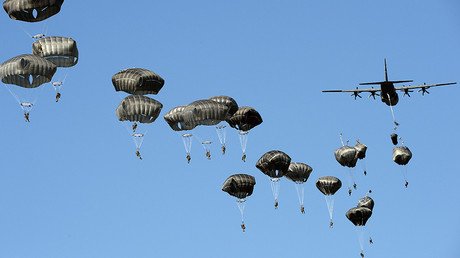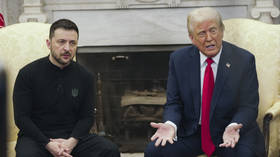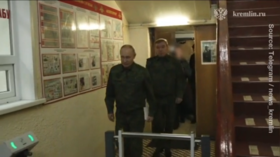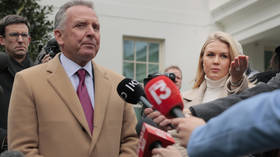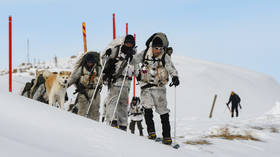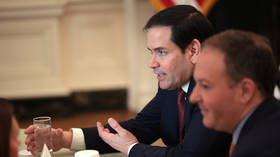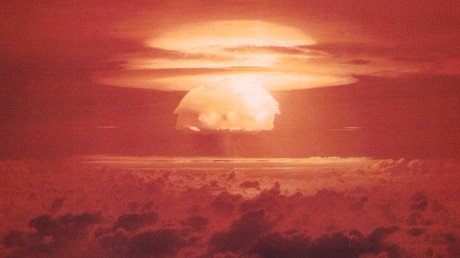Imagined Russia threat is pretext for US dominance in Europe through NATO – Lavrov
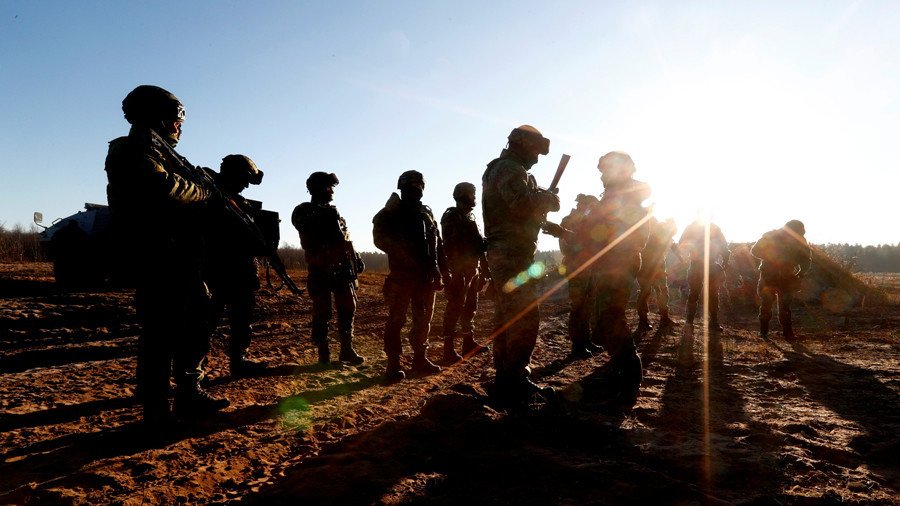
Citing a perceived Russian threat, the US is trying to get a foothold in Europe by means of NATO, Foreign Minister Sergey Lavrov said. The alliance continues to expand, devouring even Moscow’s historical allies in the Balkans.
As Russophobic rhetoric in the West never seems to abate, the presence of foreign troops on Russia's borders is growing. “Only an inflamed imagination” could come up with the idea that Moscow is about to attack the Baltic or Poland, the Russian top diplomat said in an interview with Euronews.
“Guided by this fake logic, a very real deployment of heavy artillery and additional large contingents takes place on the NATO-Russia border,” Lavrov said, referring to Baltic states, Poland, and Romania with its missile defense site. With American, Canadian, British and German brigades already dispatched to Russia’s doorstep, “there are talks of significantly increasing their presence.”
“With an imagined Russian threat,” Washington is ensuring its dominance in Europe through NATO.
The NATO expansion has also spanned to Russia’s traditional allies. “Montenegro is disturbing, with it being played as a bargaining chip in the Russophobic fight,” Lavrov said. “[Montenegro] was forced into NATO membership and refused the right for a referendum,” the minister went on, adding that plebiscites become increasingly unpopular in Europe.
“The trend to absorb this territory into NATO contradicts all solemn promises that NATO wouldn’t be moving an inch. It also contradicts common sense, since they attempt to turn Balkans from [Europe’s] soft underbelly into a confrontational zone of some sort,” Lavrov said.
“There is no Balkan state where the US ambassador together with the Europeans would not call on the government to end friendships with Russia.” While they publicly try to undermine Moscow's ties with the Balkans, including with Serbia, Russia has taken a different approach. “We offer mutually beneficial projects. We never demand that anyone stops being friends with this or that country,” Lavrov went on, noting this is “a fundamental difference between our foreign policy from the one of the West.”
